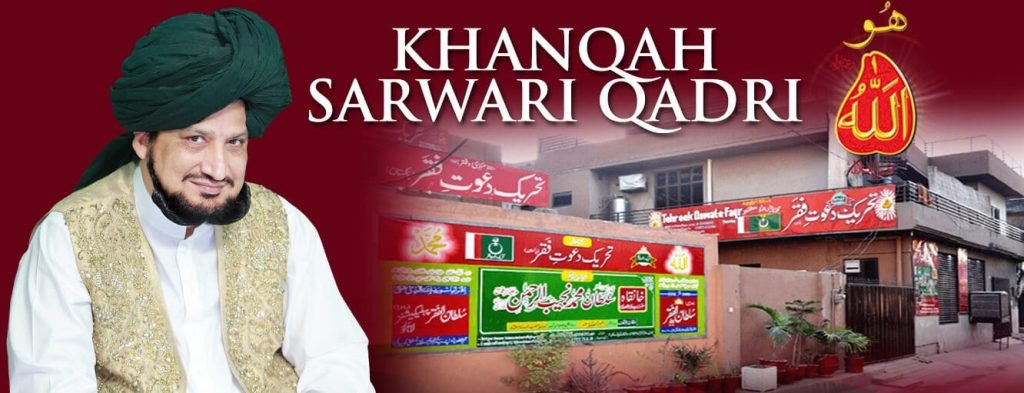
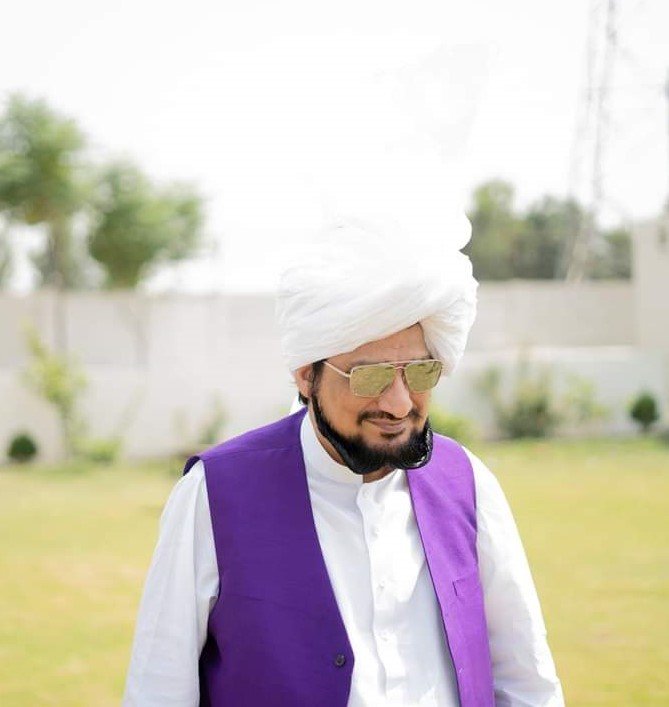
The present Imam of Sarwari Qadri order Sultan-ul-Ashiqeen Sultan Mohammed Najib-ur-Rehman says:
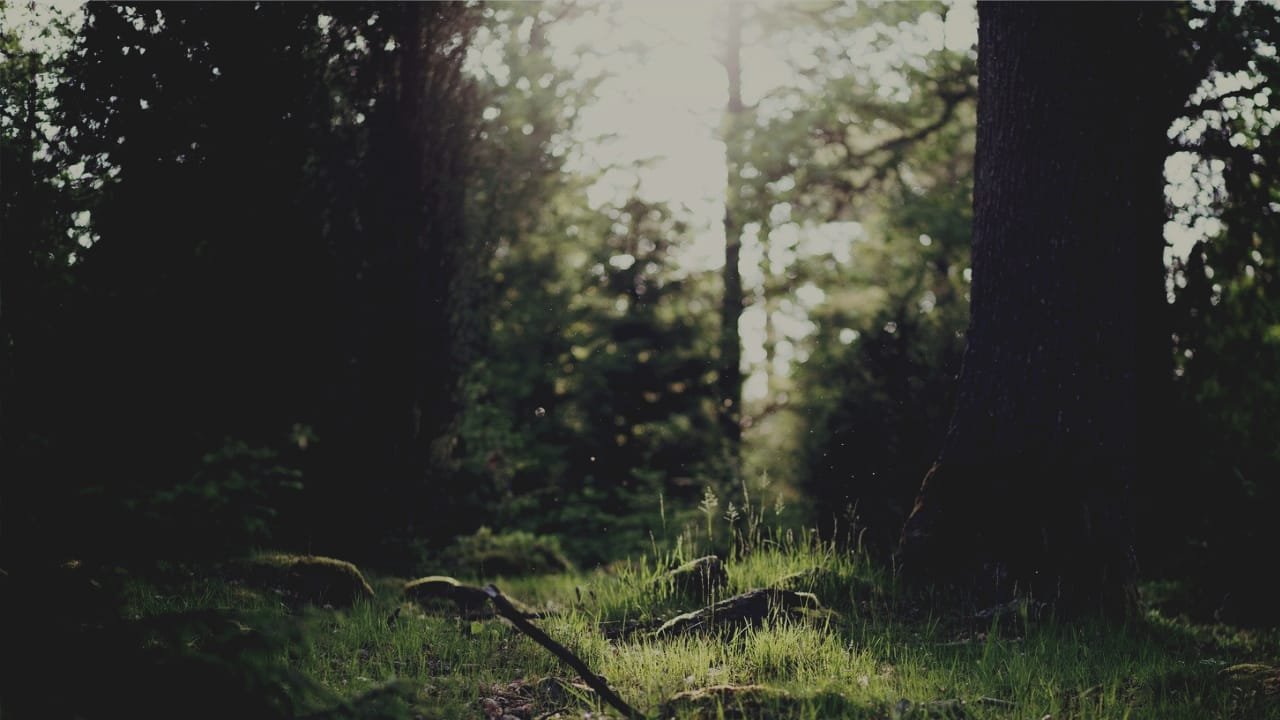
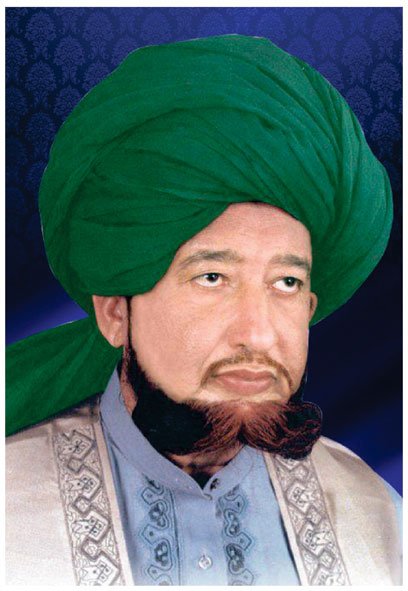
A khanqah is any place where the spiritual guide stays for the purpose of spiritual purification of disciples as well as for preaching.
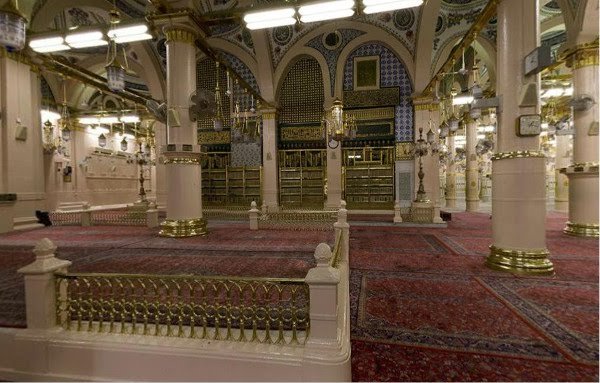
Al- Masjid an-Nabawi was not only a mosque but a centre of all the social, religious and political affairs of the Muslims. Here is a point to consider that why Prophet Mohammad established a khanqah at al-Suffa?
Allah Almighty explains the purpose behind establishing a khanqah in following words:
وَ اصۡبِرۡ نَفۡسَکَ مَعَ الَّذِیۡنَ یَدۡعُوۡنَ رَبَّہُمۡ بِالۡغَدٰوۃِ وَ الۡعَشِیِّ یُرِیۡدُوۡنَ وَجۡہَہٗ وَ لَا تَعۡدُ عَیۡنٰکَ عَنۡہُمۡ ۚ ﴿۲۸﴾
If foreigners visiting Madina had relatives or someone they knew, they used to stay with them. Otherwise they used to stay at al-Suffa. I am amongst those who stayed with the people of al-Suffa.
Talha ibn Ubaydullah
The Companions who received training at the first ever khanqah “al-Suffa” have distinct status in the history of Islam. They are called Ashab al-Suffa or Suffa Fraternity. It was the first training institute for the Companions of the Holy Prophet where he instilled faith into their hearts and afterwards from there Islam spread all over the world. The status of Ashab al-Suffa is so high that Allah Almighty mentioned them in the Holy Quran. Moreover, Prophet Mohammad also gave glad tidings to Companions of al-Suffa. He said: “O Suffa Fraternity! Glad tidings for those who will continue to adhere to these values which you have today and remain contended as well. Then he will surely be my Companion on the Day of Judgment.”
Shaykh Shahab al-Din Abu Hafs Umar Suhrawardi

The need and Importance of a khanqah is also evident from the following verse of the Holy Quran:
فِیۡ بُیُوۡتٍ اَذِنَ اللّٰہُ اَنۡ تُرۡفَعَ وَ یُذۡکَرَ فِیۡہَا اسۡمُہٗ ۙ یُسَبِّحُ لَہٗ فِیۡہَا بِالۡغُدُوِّ وَ الۡاٰصَالِ ﴿ۙ۳۶﴾ رِجَالٌ ۙ لَّا تُلۡہِیۡہِمۡ تِجَارَۃٌ وَّ لَا بَیۡعٌ عَنۡ ذِکۡرِ اللّٰہِ وَ اِقَامِ الصَّلٰوۃِ وَ اِیۡتَآءِ الزَّکٰوۃِ ۪ۙ یَخَافُوۡنَ یَوۡمًا تَتَقَلَّبُ فِیۡہِ الۡقُلُوۡبُ وَ الۡاَبۡصَارُ ﴿٭ۙ۳۷﴾
In this verse, real value belongs to the people of invocation (dhikr) and not to places or locations. Hence wherever the invokers gather, those places would be such houses and centers where remembrance and dhikr of Allah continues all the time.
Shaykh Shahab al-Din Suhrawardi (Book: Awarif al-Ma’arif, chapter: Excellence of dwellers of khanqah)

- First of all mosques are built for specific worships.
- Secondly, most of the mosques remain closed after prayer time.
- Thirdly, people do not stay there and use them as houses. For example if Imam of the mosque or some other person stay there. He, for sure, will use some apartment or room adjacent to mosques.

Keeping the tradition of the Holy Prophet, the Saints have been establishing khanqahs for esoteric training of the seeker of Allah. According to traditions, thousands of seekers of Allah remained present at the khanqah of Shaikh Abdul Qadir Jilani. Thousands of his devotees used to note down his words.
Shaikh Abdul Qadir Jilani enlivened and further strengthened the Holy Prophet’s Sunna of establishing the khanqah for the training of the seekers of Allah. This tradition passed on to Sayyid Najmuddin Burhan Puri and then onto Abdul Rehman Jilani Dehlvi. Sultan-ul-Arifeen Sultan Bahoo also made his contribution in keeping this tradition alive in his era. This was then passed onto his successors and so on.
Similar to the people of al-Suffa, there will always be people of khanqah in every era who will imitate the people of al-Suffa in every action. As such there is a lot of resemblance between the people of al-Suffa and today’s people of khanqah.
Shaykh Shahab al-Din (Awarif ul-Ma’arif, chapter 14)
Shaykh Shahab al-Din explains the basic principles of khanqah at al-Suffa as:
The people of al-Suffa had separated themselves from the worldly affairs. Neither they used to cultivate nor did they keep cattle. So their inwards were free from all the esoteric ills i.e. jealousy and enmity. Same applies to the people of khanqah, they resemble the people of al-Suffa inwardly and outwardly. People of khanqah perform all devotions in congregation. Since their goal is same, they are always ready to help each other. Their sitting and eating is together. They know that it is bliss to stay together.
Awarif ul-Ma’arif, chapter 14
If you want to get an in-depth knowledge of the people of khanqah and their obligations, do visit our website Khanqah Silsila Sarwari Qadri.

In light of the Quran and Sunna of the Holy Prophet, it is clear that the khanqah has an important status in Islam. In each era, the khanqah established by the contemporary perfect Fakir is according to the Sunna of the Holy Prophet and is used for esoteric training of Muslims.
Not every khanqah is on the footsteps of al-Suffa. As Shaykh Shahab al-Din Suhrawardi says:
Real value belongs to the people of invocation (dhikr) and not to places or locations.
Wherever the people of invocation gathers that place is a khanqah. Nowadays two types of khanqahs are common. To understand their difference, one must know the difference between a Fakir and a shrine caretaker. So is the difference between their khanqahs.
- Fakir is the Universal Divine Man of his era. The Holy Prophet appoints him for the guidance of people on the path of Faqr (Sufism).
- Fakir is the esoteric heir of his spiritual guide. He may or may not be the family member of a Saint.
- Fakir is the bearer of Divine Trust.
- He is completely annihilated in his spiritual guide and became perfect embodiment of all the attributes of his spiritual guide.
- He has nothing to do with the income of the shrine.
- True Fakirs take no interest in politics or worldly affairs nor to gain worldly benefits such as popularity, wealth etc. Their only mission is to guide the mankind towards Allah.
- Shrine caretaker is the custodian of shrine. His only responsibility is to look after the shrine and he is not responsible for the guidance of Divine seekers.
- Shrine caretaker is the exoteric heir and is usually the elder son of the Saint of the shrine.
- He is not the bearer of Divine Trust.
- Shrine caretaker is generally acquainted with one or more of the attributes of his spiritual guide.
- He is the owner of the income of shrine.
- They are usually indulged in politics and run after fame and wealth.

